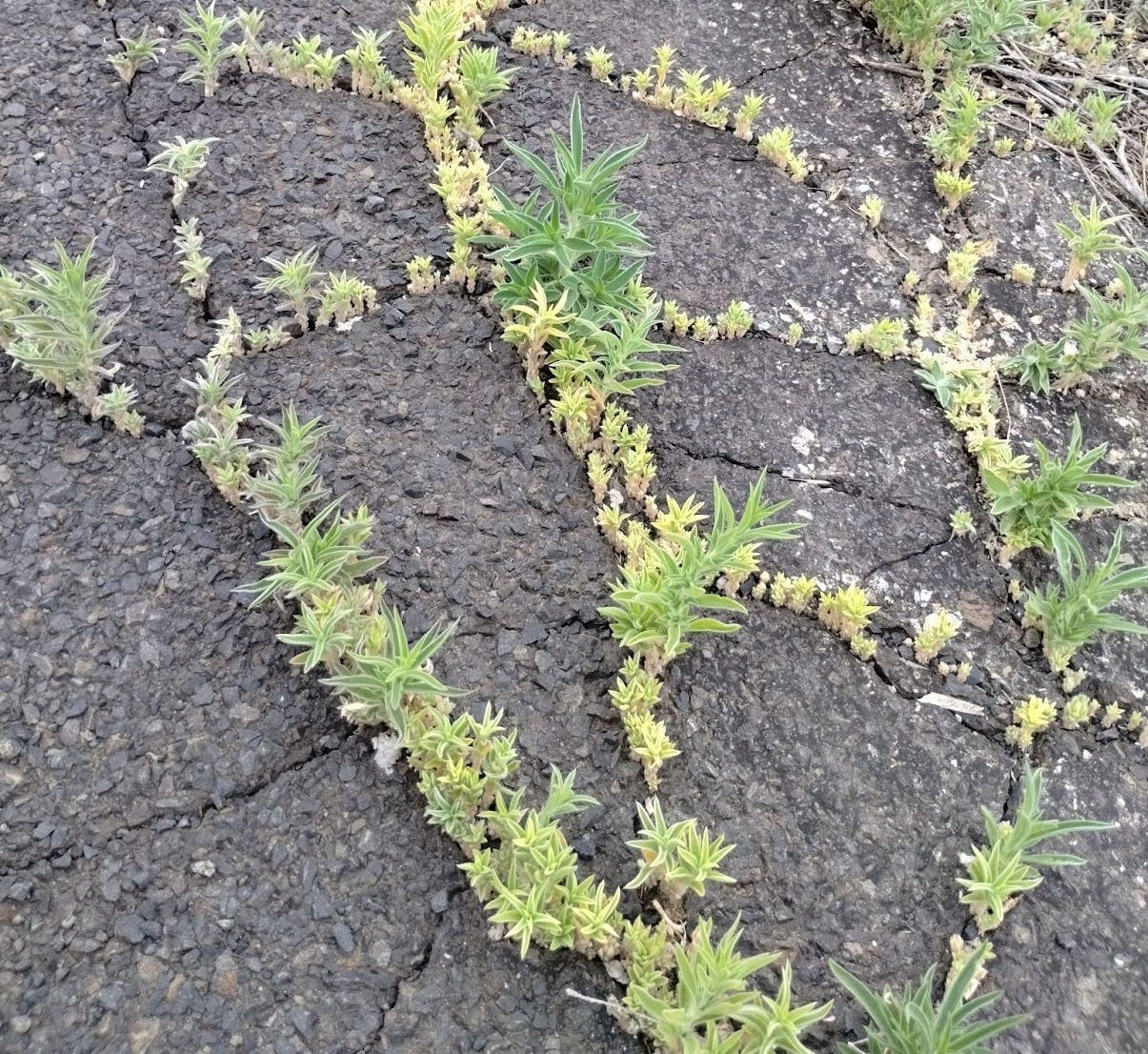Thoughts on “A Psalm of Life”
One of my all-time favorite poems comments on the meaning of life, the state of the world, and how to live with purpose.
One of my favorite poems is Henry Wadsworth Longfellow’s A Psalm of Life. The poem is a call to live with purpose and urgency, embrace the present, and take responsibility for our decisions. I first heard it as lyrics in a choir concert. I’ve searched long and hard, and I’ve never been able to find a recording of the song I heard,1 but the poem itself still gives me chills every time I read it. Here are a couple of my favorite stanzas, so you can get a flavor for it:
A Psalm of Life
By Henry Wadsworth Longfellow
Tell me not, in mournful numbers,
Life is but an empty dream!
For the soul is dead that slumbers,
And things are not what they seem.
Life is real! Life is earnest!
And the grave is not its goal;
Dust thou art, to dust returnest,
Was not spoken of the soul.
Art is long, and Time is fleeting,
And our hearts, though stout and brave,
Still, like muffled drums, are beating
Funeral marches to the grave.
If you want to experience the entire poem for yourself before you hear my interpretation of it, you can find it here. In the rest of this post, I’ll go through the poem stanza by stanza and share some of my thoughts about the meaning of life, the state of the world, and how to live with purpose.
These plants bursting through the cracks in the pavement make me think of Longfellow’s urgency for life. These plants really want to live!
Tell me not, in mournful numbers, Life is but an empty dream! For the soul is dead that slumbers, And things are not what they seem.
As you might know by now, I have a deep appreciation for numbers and statistics. Some numbers really are “mournful”, and those are the ones people pay the most attention to, which makes us forget how much progress has been happening in the world. Our World in Data illustrates this vividly in their piece The world is awful. The world is much better. The world can be much better. According to that article:
4.4% of all children die before they’re 15 years old, or 11 children per minute, which is awful.
But, until the 19th century, historians estimate that half of all children died, no matter where in the world they’re born. A 4% child mortality rate is so ridiculously better than 50% mortality that it’s hard for me to even grasp what the world used to be like.
Yet we still have a long way to go. The child mortality rate in the European Union is only 0.47%. If we could achieve that low of child mortality everywhere in the world, then it would mean 5 million fewer deaths per year.
The numbers are “mournful”, because the world is awful. “Things are not what they seem”, because people tend to only pay attention to the ways the world is awful, and forget how much progress we’ve made. And life is not “but an empty dream”, because there’s still so much room for improvement that anyone who has the time and resources can make a meaningful difference.
Life is real! Life is earnest! And the grave is not its goal; Dust thou art, to dust returnest, Was not spoken of the soul.
“Live to the point of tears” -Albert Camus
I’ve been thinking about this quote by Camus. He and Longfellow both encourage us to engage with life fiercely and deliberately, to live with intensity. This is hard. Most of the time I’d rather live an ordinary life that doesn’t have very many tears at all. I think that living with intensity and living comfortably serve different psychological needs, and that we all need some of both. Going skydiving would definitely count as living with intensity, but it’s so far out of my comfort zone that I don’t think it would be worth it; there are plenty of other ways to remember that “life is real!” that don’t require jumping out of a plane. But I keep thinking of the advice to “live to the point of tears”, and it makes me want to challenge myself and do more interesting things.
Not enjoyment, and not sorrow, Is our destined end or way; But to act, that each to-morrow Find us farther than to-day.
“Ever tried. Ever failed. No matter. Try again. Fail again. Fail better.” -Samuel Beckett
The way to make sure that “each tomorrow finds us farther than today” is by building good habits. Some of the progress we make in life happens on our good days, when we have energy and motivation and it seems like everything clicks into place. But then, on our bad days, we lose that progress unless we have good habits and systems in place. Financial habits, exercise habits, relationship habits, and habits for self-reflection, so that when we fail we don’t repeat the same mistakes but instead “fail better”.
Art is long, and Time is fleeting, And our hearts, though stout and brave, Still, like muffled drums, are beating Funeral marches to the grave.
“I believe that every human has a finite number of heartbeats. I don’t intend to waste any of mine running around doing exercises.” -Falsely attributed to Neil Armstrong
Humans get about 2 billion heartbeats in their life. If you stay healthy and exercise regularly, you can get slightly more than the average person, contrary to what “Neil Armstrong” says.
You know what else you only have a large but finite number of? Hours working at your job! The average person works for 80,000 hours throughout their career, and so choosing a career that makes a positive impact in the world (e.g., working on finding a cure for cancer rather than joining the marketing team of a tobacco company) can be one of the most impactful decisions you make in your life. There’s a website called 80,000 hours that discusses how you can use your career as a way to improve the world, and to connect people who are trying to do this. They also host one of my favorite podcasts. Your job doesn’t need to feel like a “funeral march to the grave” if you’re doing something meaningful that makes the world a better place.
Lake Colchuck, Washington, is really beautiful, but the hike up there used up a good chunk of my lifetime supply of heartbeats.
In the world’s broad field of battle, In the bivouac of Life, Be not like dumb, driven cattle! Be a hero in the strife!
“Moral autonomy” is the ability to choose what’s right and wrong for yourself, instead of letting someone else decide it for you. Too often, we just do whatever the people around us are doing (herd mentality) or what someone in authority tells us to. Longfellow wants us to take responsibility for our own choices.
It’s easy to go too far, though. Often people in authority know what they’re talking about, and taking advantage of the wisdom of the crowd is the rational thing to do. Sometimes our moral intuition is actually wrong, and we need to recognize that. How do we know when we should exercise our moral autonomy by following our own intuitions and reasoning, and when we should exercise our intellectual humility by trusting the expertise of others? I think that when it comes to facts about the world, it’s better to default to trusting the experts until you have a good reason not to, while for things that are more subjective, it’s better to trust your intuition until you have a good reason not to.
Trust no Future, howe’er pleasant! Let the dead Past bury its dead! Act,— act in the living Present! Heart within, and God o’erhead!
In a previous post, I wrote about how I get over my mistakes by telling myself “I’m no longer the same person who made that mistake”. When I read the line “let the dead Past bury its dead”, it makes me think of how people are constantly changing, and so we should forgive them for what they’ve done in the past, forgive ourselves for the way we used to act, and let everyone “act in the living Present” instead of being bound by their past mistakes.
Lives of great men all remind us We can make our lives sublime, And, departing, leave behind us Footprints on the sands of time;
Most of the great men and women in history who made lasting achievements in art, science, or human progress (and left “footprints in the sands of time”), had three things in common: 1. Inner conviction. They knew they could do great things and had the courage to try. 2. Luck, or being in the right place at the right time. Some of this is just random chance, but another part is getting out and doing lots of things, because “the right place” is usually not your couch. 3. Relentless effort. Again, this is partly from genetic luck, some people naturally have higher energy levels and have an easier time of maintaining their effort. Part of it is developing good habits of exercise and nutrition and sleep, which increase your energy levels to make it easier to maintain your effort. Part of it is finding something meaningful that you enjoy doing so that the effort comes naturally. And the last part is personality and character, having the discipline and dedication to do things even when they’re hard.
Footprints, that perhaps another, Sailing o’er life’s solemn main, A forlorn and shipwrecked brother, Seeing, shall take heart again.
There is nothing enlightened about shrinking so that other people won’t feel insecure around you…. As we let our own lights shine, we unconsciously give other people permission to do the same. -Nelson Mandela
Let’s make it easy for other people to see the good things we do, so that doing good becomes the norm. For example, I’m a big fan of the Giving What We Can campaign, which is trying to make it a societal norm for people to give 10% of their income (or 2.5% of their wealth if that’s greater) to charity, because that would be enough money to solve the world’s biggest problems. But the only way for that to catch on is if those of us who make that commitment share it openly and inspire others to do the same.
Of course, this needs to be done carefully so it doesn’t come off as annoying. Give credit to others, practice what you preach, be sensitive to context and know when to show restraint, etc. Share the good things you do in a way that lets you live your values out loud without making it about you. If you manage that, then you can help make doing good become the norm, so that others “seeing, shall take heart again”.
Let us, then, be up and doing, With a heart for any fate; Still achieving, still pursuing, Learn to labor and to wait.
Longfellow ends the poem by telling us to learn to “labor” and “wait”. Why these two things? It reminds me of the serenity prayer used by Alcoholics Anonymous, which asks to “grant me the serenity to accept the things I cannot change, the courage to change the things I can, and the wisdom to tell the difference.” Changing the things that we can change is hard, it takes both courage and hard work. But not everything that we wish we could change is within our circle of control, and for those things we just need to be patient and accept that they are the way they are. The wisdom to know when to labor vs when to wait comes from experience and from developing the habit of reflecting on our actions.
You know what else is full of life? Flowers!
Conclusion
“The meaning of life is to give life meaning” -Victor Frankl
At the beginning I promised to talk about the state of the world, how to live with purpose, and the meaning of life. So what is the meaning of life? I think Longfellow hinted at it, but it’s stated more clearly by psychologist and Holocaust survivor Victor Frankl. Frankl thought that asking for a general answer to the question “what is the meaning of life?” was like asking a chess grandmaster “what’s the best move I can make in chess?” There is no general answer, it depends on your specific circumstances, but there are some general trends you can follow like “protect your queen” and “control the center of the board”. There are also some general trends to help you live a meaningful life, like “find ways to serve others”, “choose a career that benefits the world”, “take responsibility for your own decisions”, and “live a life filled with action”.
A Psalm of Life is an inspirational poem about living life with urgency, so that we can extract as much meaning from it as possible. The poem urges us to “Act, act in the living present!” and insists that “Life is real! Life is earnest!” to encourage us to live intentionally and make the most of every moment. It’s the best kind of art: the kind that pushes us to do good things and make a difference in the world.
I did find a different version I sometimes listen to on Spotify. The poem starts halfway through.




I love this!! I have long loved this poem (and many others by Longfellow too), and what a poignant time to dust it off and talk about it. I love all your commentary (and if/when I get time, I’ll follow your links to check them out). It’s so easy to get discouraged and nihilistic about all the darkness in today’s world—but this is exactly the time to be “up and doing”!